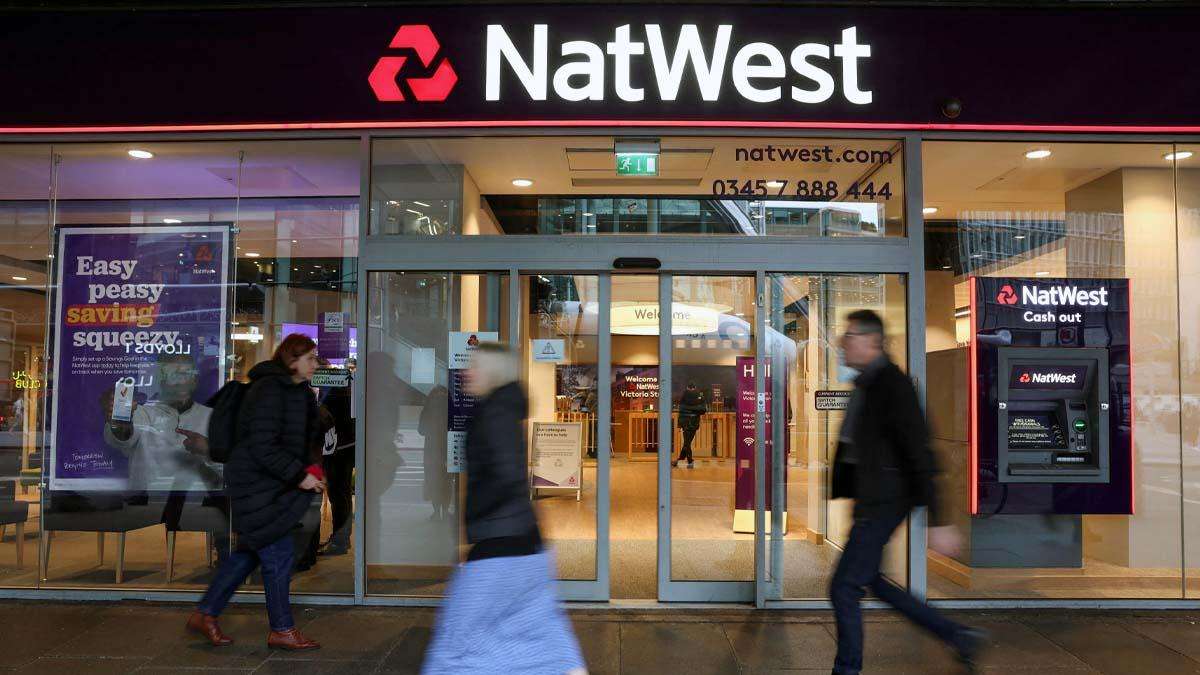NatWest has posted a 36% rise in profits for the first quarter of the year, as the UK government cut its stake in the bank to below 2%, signaling an imminent return to full private ownership after 17 years.
The bank reported a pre-tax operating profit of £1.8 billion for the quarter, up from £1.3 billion in the same period last year—surpassing analyst expectations by £200 million.
CEO Paul Thwaite attributed the strong results to the bank's solid performance, which he said positioned NatWest to reach the upper end of its targets for income and shareholder returns in 2025.
This earnings boost coincided with the government reducing its stake in the bank to 1.98% on Thursday. Over the course of 2024, the Treasury slashed its holding from 38% to just under 10% through a mix of two NatWest-led share buybacks and rapid sell-offs.
The government initially acquired an 84% stake in the bank—then called Royal Bank of Scotland—after injecting nearly £46 billion during the 2008 financial crisis.
In a recent statement, NatWest chair Rick Haythornthwaite expressed gratitude to UK taxpayers for their support during the bailout, assuring shareholders that the bank had resolved past issues and would avoid taking unnecessary risks despite pressure from the government.
Elsewhere in the banking sector, Standard Chartered also reported a robust first quarter, with profits climbing 10% to $2.2 billion (£1.65 billion). However, it warned about the risks posed by new US tariffs, as credit impairment charges rose 24% year-on-year to $219 million amid mounting trade tensions.
“We had a strong start to 2025,” said CEO Bill Winters, adding that tariffs have heightened global economic and geopolitical uncertainty, prompting caution.
Meanwhile, Lloyds Bank revealed a 7% drop in Q1 profits to £1.5 billion, driven by rising costs and provisions for potential loan losses. It allocated £309 million to cover possible bad debts, including a £35 million charge related to anticipated fallout from tariffs under Donald Trump.
HSBC, earlier in the week, reported a 25% decline in quarterly profits. The drop was largely due to one-off gains in the previous year from the sale of its operations in Canada and Argentina. The bank also flagged tariff-related risks, with expected credit losses rising by $200 million to $900 million in the quarter.




_3.jpg)



.svg)


